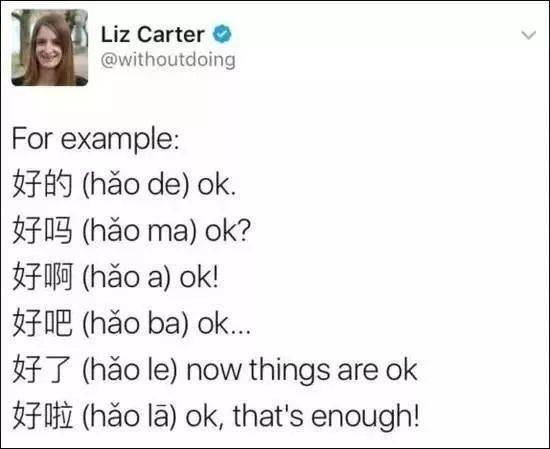If you’re having trouble learning Chinese, the Xinhua Dictionary is a very useful tool.
The Xinhua Dictionary Chinese-English version was launched at the Beijing Book Fair. Known as the language enlightenment book for every Chinese kid, Xinhua Dictionary now has a new Chinese-English bilingual version, which was released by Commercial Press On March 31. At the press conference, Gu Qing, Executive Director of the Commercial Press, Ma Haolan, Director of the English Editorial Office of the Commercial Press, and Sam Davies, editor of Chinese World Magazine, had a conversation to introduce the editing, publishing, and other features of this dictionary.
Xinhua Dictionary Press Conference at Beijing Book Fair
Ma Haolan said, “The Xinhua Dictionary is a standardized Chinese blueprint. What we need to do is to convert the most standard Chinese into the most standard English, so that foreign friends can directly and accurately understand our Chinese language and culture through this dictionary. “The reason why many foreign Chinese learners feel that “Chinese is really difficult” is because of the lack of concise and directly corresponding reference books, and the compilation and translation principles of this dictionary can solve this problem.”

Gu Qing introduced that there is a very peculiar correspondence between Chinese and Western languages, that is, a one-to-many relationship: A Chinese character often has many meanings, meanwhile there are many corresponding words in English. For example, the character “女(nǚ) ” may be referred to as female, woman, daughter, and girl in English. If you want to translate this character into English, you must correspond to the meaning you want to express and find the English word. The new Xinhua Dictionary aims to help everyone find the correlating word.


Compared with other Chinese-English dictionaries, the most unique feature of this Xinhua Dictionary is its bilingual interpretation, that is, it provides the Chinese explanation of words first, and then provides the corresponding English explanation, in order to avoid misunderstanding and to give readers effective help. Sam Davies said, “The examples in this dictionary are very natural and life-like, and are checked by both Chinese and English experts. So the examples they gave are the most useful ones.”

According to the publisher, this dictionary also has a unique design in that the Chinese-specific cultural phenomenon is expressed in italic Chinese pinyin before the corresponding translation in English. For example, the traditional instrument “琵琶” is represented by the Chinese pinyin “pí pá” instead of using words like Chinese Guitar. Another example is for the Qingming Festival that just passed, the English translation for it in the dictionary is “Pure Brightness,” which is based on the characteristics of the festival.
KEEP READING: Mandarin Monday: Chinese Idioms To Help Your Vocabulary Bloom
Image: ThePaper.cn,Baidu Image,Xinhua News



